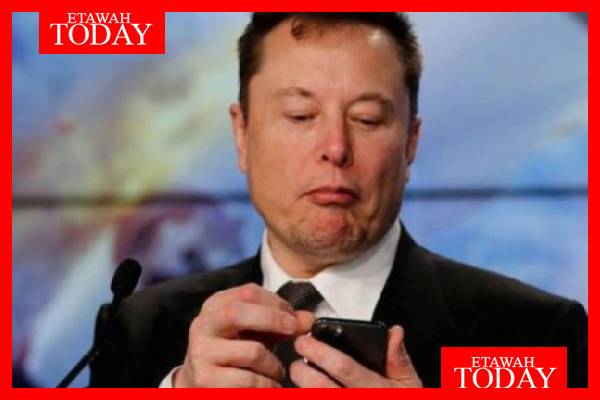Elon Musk steps down from Trump’s DOGE team after sweeping layoffs, policy clashes, and internal contradictions
In a move that seemed inevitable, Elon Musk has stepped down from his controversial role as head of the Department of Government Efficiency (DOGE) under U.S. President Donald Trump’s administration. The announcement, made on Wednesday, marked the end of a turbulent five-month stint that witnessed massive layoffs, internal clashes, and a fair share of political contradictions
“As my scheduled time as a Special Government Employee comes to an end, I would like to thank President @realDonaldTrump for the opportunity to reduce wasteful spending,” Musk wrote on X (formerly Twitter).
Musk’s brief but dramatic tenure saw thousands of federal employees laid off, hollowing out critical government departments and sparking widespread lawsuits and protests. His exit comes amid growing speculation that the tech mogul is refocusing on his business empire, especially Tesla and SpaceX.
Unfinished Reform and Internal Friction
Originally portrayed as a revolutionary reformer, Musk fell far short of the goals laid out for DOGE. His partnership with Trump started to crumble early when Vivek Ramaswamy, co-leader of DOGE, quit just 69 days into the initiative. Musk’s combative approach and impulsive decisions also led to run-ins with Cabinet members, including Secretary of State Marco Rubio and Defense Secretary Pete Hegseth.
Despite the storm, Musk’s early days drew high praise from Trump, who called DOGE the “Manhattan Project for government waste.” But Musk’s deeper ideological differences with Trump soon surfaced.
Fundamental Policy Clashes
- Tax Policy: In a recent interview, Musk criticized Trump’s flagship tax bill, calling it disappointing.
- Immigration: Musk, an immigrant himself, had long expressed discomfort with Trump’s anti-immigration stance, especially regarding H1B visas.
- Climate & EVs: Musk’s flagship company, Tesla, stood at odds with Trump’s pro-oil and anti-EV policies. Trump’s vocal support for Detroit’s Big Three automakers and rollback of EV subsidies directly clashed with Tesla’s business model.
- China Ties: As the U.S. intensified its trade war with China, Musk was under increasing pressure due to Tesla’s major presence and business interests in the country.
Business Over Bureaucracy?
While Musk’s stated goal was to trim wasteful spending, critics argue that his government role became an awkward balancing act with his corporate interests. His companies — Tesla, Starlink, and SpaceX — rely heavily on U.S. government contracts. Conflicts of interest were a persistent concern, especially given SpaceX’s role as a primary contractor for NASA and the Pentagon.
The End of a Chapter
Musk’s exit leaves behind a mixed legacy. While he did streamline certain bureaucracies, the political and human costs were considerable. Internal contradictions and policy disagreements with Trump finally made his continued presence untenable.
As the DOGE experiment ends its first chapter, it remains to be seen whether the reforms will stick — or be rolled back entirely in the months to come.





